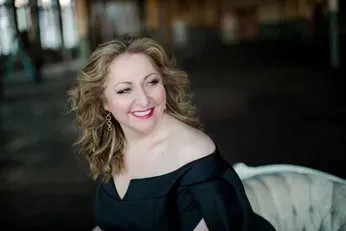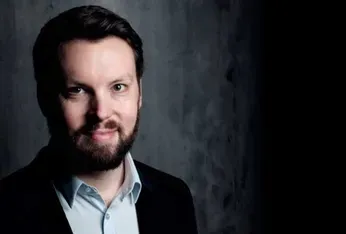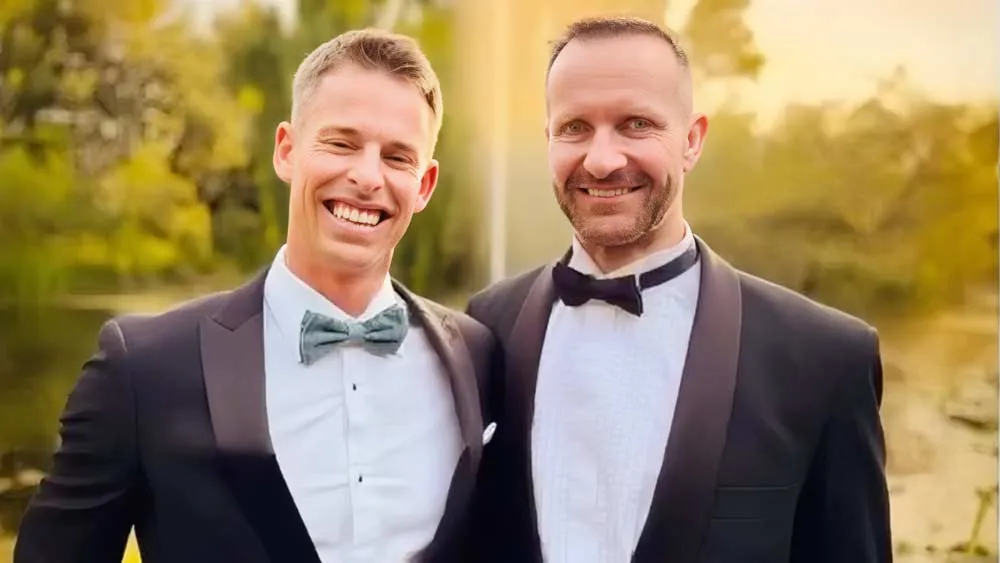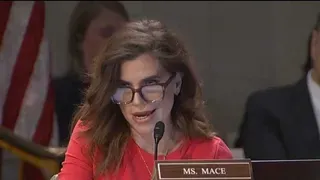Jan 29
Boston Symphony Brings Lush, Rarely Heard Korngold Opera to the Concert Stage
Robert Nesti READ TIME: 6 MIN.

Source: BSO
At face value, the subject of grief seems an odd subject for the 23-year-old Korngold, a child prodigy writing his first full-length opera. The opera's source is a cult Symbolist novel by the Flemish author Georges Rodenbach that was adapted into a play by Siegfried Trebitschthat, who was a friend to Julius Korngold, Erich's father and a leading Viennese music critic. Trebitschthat suggested that that the Korngolds turn his play into an opera, and the young composer seized the opportunity, working with his father (under the pseudonym of Paul Schlott) to write the libretto. His finished opera was something of a sensation, no doubt in part due to then-present collective trauma brought on by the dual catastrophes of the First World War and the flu epidemic that crippled the world when the opera was at the height of its popularity. Grief was in the air, and Korngold captured it.
But "Die Tote Stadt's" popularity was short-lived. By the end of the 1920s, Korngold's lush style was falling our of favor as classical music embraced Modernism with Twelve-tone music and jazz became a force. Moreover, being Jewish, Korngold found his music banned by the Nazis. He fled to America, settling in Hollywood, where he found lucrative work writing film scores. At the time, sound films were less than 10 years old and Korngold proved instrumental in shaping what was to be the orchestral style of film music that continued throughout the century and reached its apex in the scores of John Williams. Korngold's name became synonymous with swashbuckling epics starring Errol Flynn ("Captain Blood," "The Sea Hawk," and "The Adventures of Robin Hood," for which he won one of his two Oscars. The other was for "Anthony Adverse.")

While disdained by the classical music establishment (which included his own father), Korngold believed his film work was equal to his more serious work. He once said that the day would come when "composers will accept the motion picture as a musical form equal to the opera or the symphony," but that largely didn't happen during his lifetime. He died at the age of 60 in 1957 after retiring from composing film scores to concentrate on serious music. During that time he wrote two significant works, his Violin Concerto and his Symphony in F-sharp Major, whose searing Adagio – another musical expression of grief – borrowed copiously from his own film scores. It would be some twenty years before his music would be appreciated again – first his film scores, then his more serious music.
Not that there has been a huge groundswell to hear his music in concert halls and opera houses. "Die Tote Stadt" is his most popular work, but its American productions have numbered less than 10 in the 100+ years since its premiere. But his influence on film scores remains significant. While big orchestral scores fell out of favor in the 1960s and 1970s, John Williams helped restore Korngold's style with his score to "Star Wars," which ushered in a return to the big orchestral film score that continues through today.
A personal note: In the mid-1980s a Swiss boyfriend of mine introduced me to the opera in a recording conducted by Erich Leinsdorf (a BSO conductor in the 1960s). Its rich sound – it is like Puccini crossed with Richard Strauss – and emotional sweep were exhilarating. And while its narrative was a bit hard to follow in the recording's liner notes (especially its long dream sequence), its subject matter hit home to those of us for whom memorial services had become a regular occurrence. They included one for my Swiss boyfriend, who passed while listening to "Turandot" (his favorite opera) on his Walkman. I was told by his nurse he was smiling when he passed.
Performances of "Die Tote Stadt" with The Boston Symphony Orchestra take place on Thursday, January 30 at 7:30 pm and Saturday, February 1 at 8:00 pm at Boston's Symphony Hall, 301 Massachusetts Avenue, Boston, MA. For more information, visit the Boston Symphony Orchestra website at this link.
Robert Nesti can be reached at [email protected].







